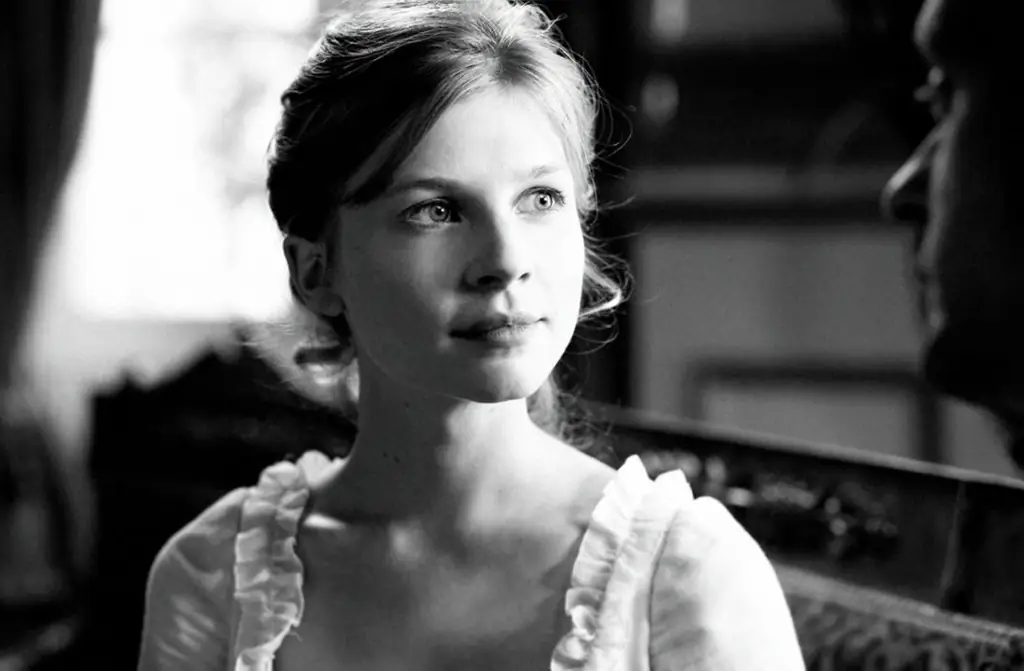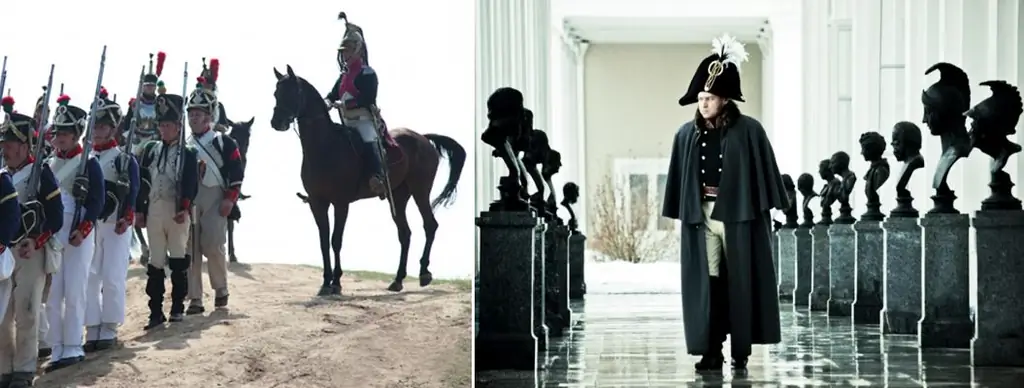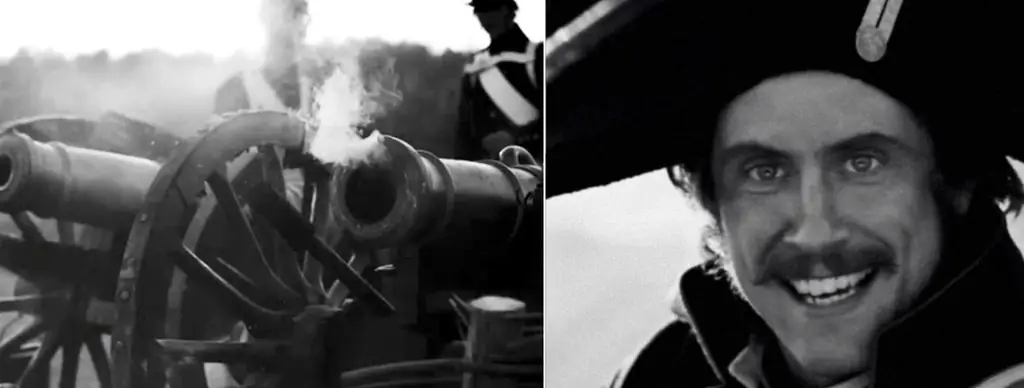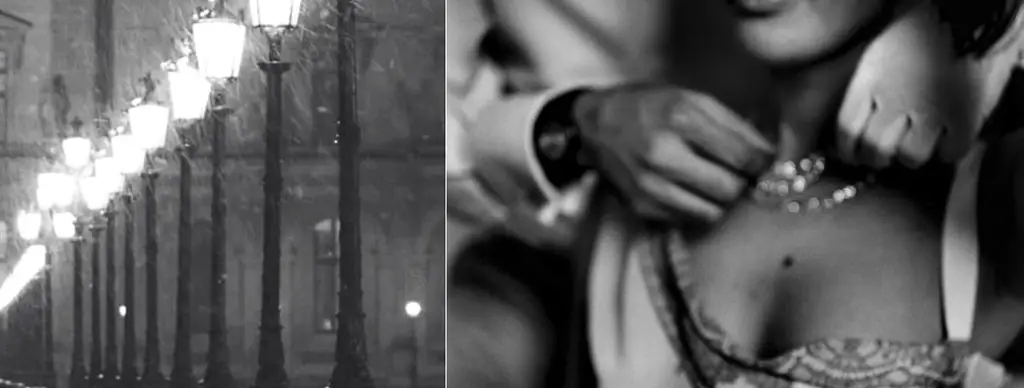- Author Adrian Jeff jeff@psychologosportal.com.
- Public 2023-12-17 05:06.
- Last modified 2025-01-24 14:09.

Alexander Griboyedov. Mind and heart are out of tune. Part 2. Cornet of a non-shiny shelf
Griboyedov, like most of the militias, continued to live at home. Nastasya Fedorovna, having learned about the admission to the Moscow regiment, threw a grandiose scandal to her son and rushed to rectify the situation. But instead of support, she received reproaches in her address in the absence of patriotism …
Part 1. Family
Alexander Sergeevich Griboyedov did not manage to finish the university. In 1812, the war with Napoleon began, and he became one of the first volunteers to enroll in the Moscow hussar regiment of Count Saltykov.
“A person with an anal vector has a sense of patriotism, loyalty to his country and his people,” says Yuri Burlan at his lectures on systemic vector psychology. In all further activities of Griboyedov, these properties will be expressed by the best patriotic motives aimed at the good of Russia.
Meanwhile, the regiment consisted of three or four retired staff officers and two dozen volunteer cornet of the best noble bloodlines. The recruits, almost boys, were never taught military science. They showed "ignorance of army customs, established even for drinking, which drew the youngsters into unprecedented revelry" (Ekaterina Tsimbaeva. "Griboyedov"). Having shown a complete incapacity for discipline, the barchuk were in the end left on their own. The "black hussars of the Saltykovsky regiment" rarely appeared at the service, but they proudly flaunted their black uniform embroidered with gold in front of the young ladies.
Griboyedov, like most of the militias, continued to live at home. Nastasya Fedorovna, having learned about the admission to the Moscow regiment, threw a grandiose scandal to her son and rushed to rectify the situation. But instead of support, she received reproaches in her address for the lack of patriotism. Count Saltykov himself refused to accept Griboyedova. The formation of the regiment proceeded slowly, and this calmed her.

The war went on, Napoleon was approaching Moscow, and the "Saltykov army" continued to exist only on paper. The unlucky cornet of the "non-shiny regiment" evacuated to Kazan, Griboyedov, caught a cold and fell ill on the way to the rear. Nastasya Fyodorovna, fearing the loss of her only son, connected all her connections and secured a place for him as an adjutant in the reserve troops of General Kologrivov in Belarus.
Alexander I: Hero of the European scale
The war between France and Russia, in which the Allies remained passive observers, was over. The victorious Russian Tsar set out on a campaign against Paris in order to "destroy the enemy in his own lair." Along the way, Alexander I returns the monarchs to the European thrones, receives the name Blessed One, indulges his skin ambitions, enjoying the role of a new European hero.
After the victory over Napoleon and the surrender of France, Alexander I the Blessed became what he dreamed of - the leader of a Europe free from Bonapartism. He is fond of the idea of creating a humanitarian Christian organization, he himself draws up an act on the creation of the "Sacred Union of Monarchs" as the fact of the unification of 4 "victorious" countries. The properties of the skin vector do not imply the ability to deeply analyze the situation. Alexander I, striving for leadership, ponders little about the consequences of the creation of the "Sacred Union" and its influence in the future on the foreign and domestic policy of Russia.
The weak skin-visual nature of the Russian emperor was not able to compare with the military genius of Bonaparte, who managed to consolidate Europe, creating the first prerequisites for its economic and political unification into the future European Union.
Among other things, the "Holy Union" was charged with developing plans to suppress counter-revolutions and uprisings, which were not uncommon in Spain and Italy. The "Union" legalized the right to invade the country where the revolution took place, even if the ousted ruler is against it.
In a few years, Nicholas I will promptly and prudently suppress the attempt of the Decembrists to stage a coup in St. Petersburg and punish the guilty, thereby saving the West from the need to send "holy allied troops" to Russia.
After the victory over Napoleon, Russia acquires the status of a power in the unipolar world. Having occupied France, Russian troops remain in this country for a long time. Thanks to them, the Bourbon dynasty, overthrown by the French revolution, will be restored and strengthened on the throne, which means that the enemy for Britain will be revived. The very same Russian army, located on the Champs Elysees, a few hundred miles from the English Channel, worried the British more and more.

The beginning of the scout's journey
The reserve troops of General Kologrivov were sent to Poland, where they found themselves included in “a special structure in the army: the highest military police, in whose jurisdiction the issues of military and covert intelligence in hostile, allied and neutral states were transferred” (Ekaterina Tsimbaeva. “Griboyedov”).
Poland was considered part of the Russian Empire, but unrest organized with British money did not stop there. A very young cornet Griboyedov was appointed as one of the observers of the “state of mind of the Poles”.
This did not happen by accident. Firstly, the ancestors of Alexander Sergeevich arrived in Russia from Poland and, as the authorities considered, it was easier for him to find a common language with the Poles. Secondly, classes at Moscow University, where the future diplomat studied, included a number of disciplines in international law and foreign policy issues.
Alexander Griboyedov was involved in receiving and processing intelligence. Local residents collected information. Among the Poles there were merchants, usurers, pharmacists, who were benevolent towards Russia, and those who, by the nature of their activities, communicated with people of different classes, understood and felt the mood in different strata of society. The reports fell on the table for Griboyedov, and he, being a good analyst due to the developed properties of the anal vector, visual memory and sound concentration, processed them, gave his conclusions.
This was the beginning of his future work in diplomacy and intelligence.
Well, how not to please a dear little man!.
The war ended, the need for reserve troops disappeared. Alexander Griboyedov, left out of work, together with his fellow soldiers moved to St. Petersburg. There is no money, but bosom rich friends did not leave them in trouble.
The consumer attitude among the nobles was established from childhood and was raised into a kind of cult. They did not hesitate to live on credit, not to pay bills, to borrow large sums from each other. Forgetting to send money to a tailor or restaurateur, carousing at someone else's expense, dragging after ladies, quarreling and shooting - it was common for the "golden youth", and Alexander was no exception.
Such infantilism did not bother anyone, it was in the order of things. Only the gambling debt was considered shameful, it is customary to either return it or wash it off with blood. But Griboyedov was not fond of cards.
Nastasya Fedorovna heard annoying rumors about her son's riotous life. During the campaign with Napoleon, unlike others, Alexander did not acquire any military merits, positions, and necessary acquaintances. Then she decided by poverty and hunger to force him to serve. In Petersburg, Alexander was overtaken by a letter from his mother, which changed a lot in his future life.
After her husband's death, Nastasya Fyodorovna inherited debts and the estate that had been mortgaged many times. Having contrived, she managed to preserve the remaining serfs, land, take over debts, and then transfer all this to her daughter Mary "into eternal and hereditary possession." From her son Nastasya Fedorovna demanded a signature on the document on the refusal of inheritance rights in favor of her sister. Thus, the mother managed to create the appearance of a "rich bride" for her daughter Maria.

Nastasya Fyodorovna did not consider it necessary to bring her son up to date with the inheritance, and he himself did not dare to contradict his mother. Household unpretentiousness and unpretentiousness, characteristic of people with a sound vector, were the hallmarks of Alexander. He, without claims to "anal division equally," renounced his part of the inheritance in favor of his sister Maria Sergeevna.
Leaving Alexander without money and without a single serf, she considered that he should earn the ranks and fortune by his labor. Having signed the papers, Griboyedov remained a beggar. From now on, according to imperial laws, he was obliged to take off his military uniform. A nobleman who refused an inheritance could count only on a civil career, which at that time was not in honor. Alexander wrote to a friend: "… I have nothing but hopes for an increase and a modest pension, which I could eventually receive" (from a letter to Count Paskevich, December 3, 1828. Tabriz).
Having given everything from himself, Alexander, as it seemed to him, no longer depended on the family for anything. Difficult relationships and unspoken grievances against his mother could not but affect the nature of his relationship with women: “What can you learn from them? - he used to say. - They can neither be enlightened without pedantry, nor sensitive without pretense … "Griboyedov firmly adhered to Byron's opinion that" give them (women) a carrot and a mirror, and they will be completely satisfied."
Alexander, a frequenter of parties and backstage, enters into relationships with actresses and ladies of the half-world, as in those days they called skin-visual women who preferred to be supported by men.
The more mysterious for the biographer is the decision of Alexander Griboyedov in 1828 to marry a pure, young girl, Nina Chavchavadze. System-vector psychology removes the veil from this mystery. Read about this in the following chapters.
You can learn about which women and why are attractive to a representative of the anal vector, and also why for such a person the purity of the one that he wants to see as his life partner is so important, you can already find out at the free online lectures on System-Vector Psychology by Yuri Burlan. Registration by reference:
Read more …






